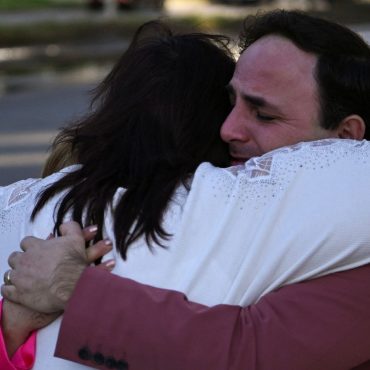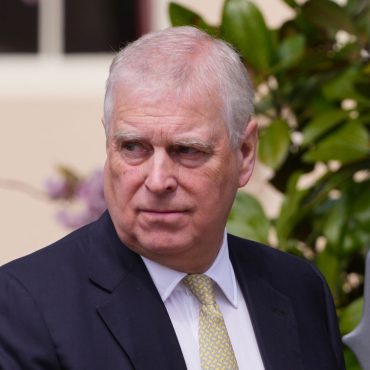One in five NHS jobs are now filled by non-UK nationals, new analysis shows.
A third of doctors and three in 10 nurses working in the health service have come from abroad – the highest proportion since records began, the analysis of NHS Digital data by the PA news agency reveals.
The overall foreign national figure for NHS England in September 2023, 20.4%, is up from 13% in 2016, and 11.9% in 2009, when the data was first made available.
According to the figures, the most common non-UK nationality in the NHS is Indian, with people from India comprising 10.1% of full-time equivalent nurses and health visitors, and 8% of doctors.
The data shows 3.7% of doctors currently in the NHS are from Pakistan, 2.9% are from Egypt, and 2% are from Nigeria.
Filipino employees make up 7.7% of nurses and health visitors, Nigerians 2.5%, and Irish 1.1%, the figures also suggest.
Chief executive of NHS Employers, Danny Mortimer, said the numbers show “how reliant the NHS has become on its talented international workforce”, adding that without them it “could have very easily buckled under the pressures it has been put under”.
Read more:
Junior doctors announce fresh extended strike
What are the NHS waiting times in your area?
Nurse in debt as NHS immigration surcharge near doubles
But The Nuffield Trust researcher Lucina Rolewicz warns: “This is far from a sustainable, long-term solution.”
Assistant director of policy at the health charity The King’s Fund, Alex Baylis, notes that there are currently 120,000 jobs empty across NHS England, including 42,000 in nursing, and 9,000 in medicine.
He adds: “Since professional training takes several years, the NHS will be highly dependent on recruiting from overseas for the next five years, and retaining current staff, if vacancies are to be filled.”
Please use Chrome browser for a more accessible video player

2:37
NHS England failing targets
In recent years the NHS has struggled hugely with retaining staff, with employees who say they are overworked and underpaid deciding to settle in different countries or leaving their professions altogether.
Last year, the NHS long-term workforce plan was published, pledging to halve the number of foreign national doctors over the coming 15 years and double the number of medical school places for home-grown graduates.
Consultant numbers still the same
Not all NHS jobs have seen an increase in non-UK nationals, however, with the number of consultants from abroad remaining fairly consistent at around 22%.
Overall, 214 nationalities are now represented across the NHS, with India, Portugal, and Ghana in the top 10.
Spreaker
This content is provided by Spreaker, which may be using cookies and other technologies.
To show you this content, we need your permission to use cookies.
You can use the buttons below to amend your preferences to enable Spreaker cookies or to allow those cookies just once.
You can change your settings at any time via the Privacy Options.
Unfortunately we have been unable to verify if you have consented to Spreaker cookies.
To view this content you can use the button below to allow Spreaker cookies for this session only.
Click to subscribe to the Sky News Daily wherever you get your podcasts
A Department of Health and Social Care spokesperson said: “International recruitment has a valuable role in helping the NHS deliver its world-class care, but it is important we boost the domestic workforce and decrease our reliance on agency staff and overseas workers.
“The first ever NHS long-term workforce plan was commissioned by the government to train, retain and reform the workforce, and put the NHS on a sustainable footing into the future.
“Backed by £2.4bn, the plan will double the number of medical school places, almost double the number of adult nurse training places, and increase the number of GP training places by 50% by 2031.”












Post comments (0)